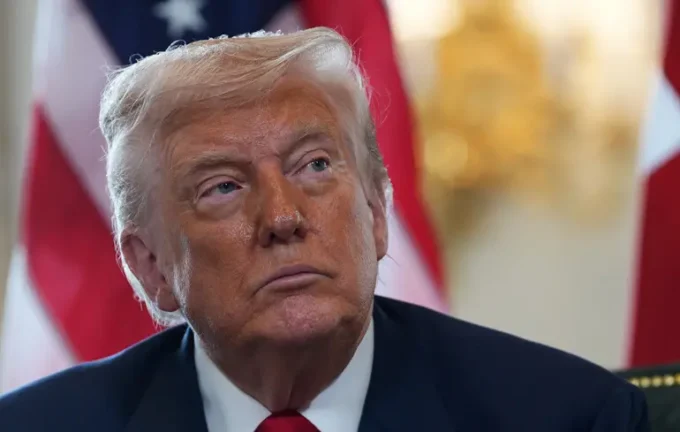U.S. Senate Hands Over Sanctions Decision on Russia to Trump: Can He Contain the Kremlin?

Tensions are mounting in the United States regarding the future of sanctions against the Russian Federation.
Despite Congress’s longstanding calls for increased economic pressure on Moscow, the decision on specific restrictions remains solely in the hands of the executive branch and President Donald Trump himself.
As the U.S.
Senate prepares for its August recess, it unexpectedly left the fate of sanctions—potentially including tariffs or embargoes—up to the president, effectively making this issue part of his political maneuvering.
This means that any new or intensified measures, including trade tariffs or sanctions, will depend only on Trump’s decision, who has already signaled that he keeps this powerful tool in reserve, ready to use in response to Kremlin actions concerning Ukraine and global security.
While some senators from both parties advocate for swift approval of the sanctions bill, most, particularly Republicans, leave the decision in the president’s personal discretion.
This has sparked intense debate over how effectively the U.S.
can leverage sanctions to pressure Russia further and curb its aggressive policies.
Meanwhile, Trump’s administration does not rule out deploying additional measures, especially in response to threats of nuclear weapon use by Russian officials.
A U.S.
official emphasizes that time is critical—roughly a week remains to decide—and that all options are on the table.
Experts warn that increasing trade restrictions and tariffs carries risks, such as destabilizing global energy markets and escalating tensions with key economic partners like India, China, and Brazil, which remain major importers of Russian oil and gas.
Strategic analyses highlight that maintaining high sanctions levels is crucial for deterring Russia’s military capabilities and influencing its external policies.
However, lingering disagreements among senators persist regarding which specific measures should be implemented and whether they can produce the desired impact without additional economic pressure.
Overall, the future trajectory hinges on the president’s political will and his ability to fully utilize this influence in the ongoing confrontation with Moscow—especially during this critical period for Ukraine’s security and international stability.

